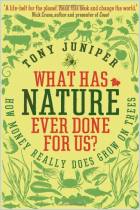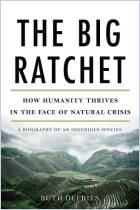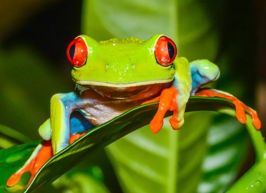
Buzz, Sting, Bite
Why We Need Insects
ISBN: 9781982112875
Pages: 256
Recommendation
With charm and enthusiasm that will engage readers of all ages, professor of conservation Anne Sverdrup-Thygeson writes about bug anatomy, evolution, classification and life cycles. She shares fascinating stories about insect mating rituals, parasites that turn other insects into “zombie babysitters,” and insect alcoholism. Without insects, the animal kingdom would collapse, far less nutritious food would be available, and silk, beeswax and shellac would not exist. So the next time you swat an insect, consider: What would life on Earth be like without them?
Summary
About the Author
Anne Sverdrup-Thygeson is professor of conservation biology at the Norwegian University of Life Sciences (NMBU) and scientific adviser at the Norwegian Institute for Nature Research (NINA). She researches nature management and biodiversity, especially the ecological role of insects in trees and forests.


















Comment on this summary or Start Discussion